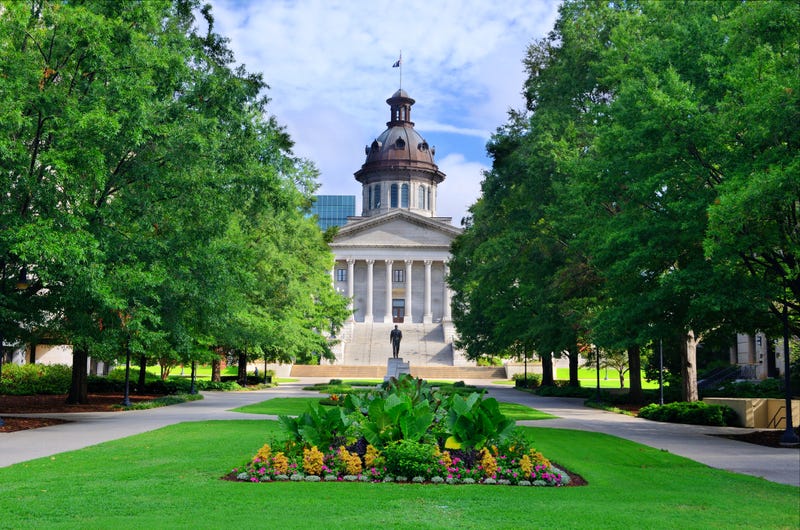
A new piece of legislation has been introduced in South Carolina’s state legislature that would change the state’s criminal code, making a person who gets an abortion eligible for the death penalty.
The South Carolina Prenatal Equal Protection Act of 2023 would redefine the state’s law for a “person” to include a fertilized egg. This would give the egg equal protection under South Carolina homicide laws at the point of conception, making the death penalty an option for those who get an abortion.
The bill was authored by state Rep. Rob Harris, who is also a registered nurse. The legislation has 21 co-sponsors, though two co-sponsors have asked their names to be removed from the bill.
There are two exceptions written into the bill, including one for someone who got an abortion “because she was compelled to do so by the threat of imminent death or great bodily injury.”
The other exception is if the procedure is needed to save a mother’s life “when all reasonable alternatives to save the life of the unborn child were attempted or none were available.”
However, there are no expectations in the law for abortions administered to someone who became pregnant from rape or incest.
While the legislation has been proposed by members of the Republican party, not everyone in the GOP, or the state, appears to be on board.
United States Rep. Nancy Mace (R-S.C.) spoke about the bill on the House floor last week, blasting her party’s decision.
“To see this debate go to the dark places, the dark edges, where it has gone on both sides of the aisle, has been deeply disturbing to me as a woman, as a female legislator, as a mom, and as a victim of rape,” Mace said.“This debate ought to be a bipartisan debate where we balance the rights of women, and we balance the right to life. But we aren’t having that conversation here in D.C. We aren’t having that conversation at home. We aren’t having that conversation with fellow state lawmakers.”
Since Roe v. Wade was overturned by the United States Supreme Court, states across the country have looked to address their abortion laws.
The South Carolina Supreme Court has discussed potential abortion bans proposed by state lawmakers, ruling that a six-week ban was unconstitutional.


